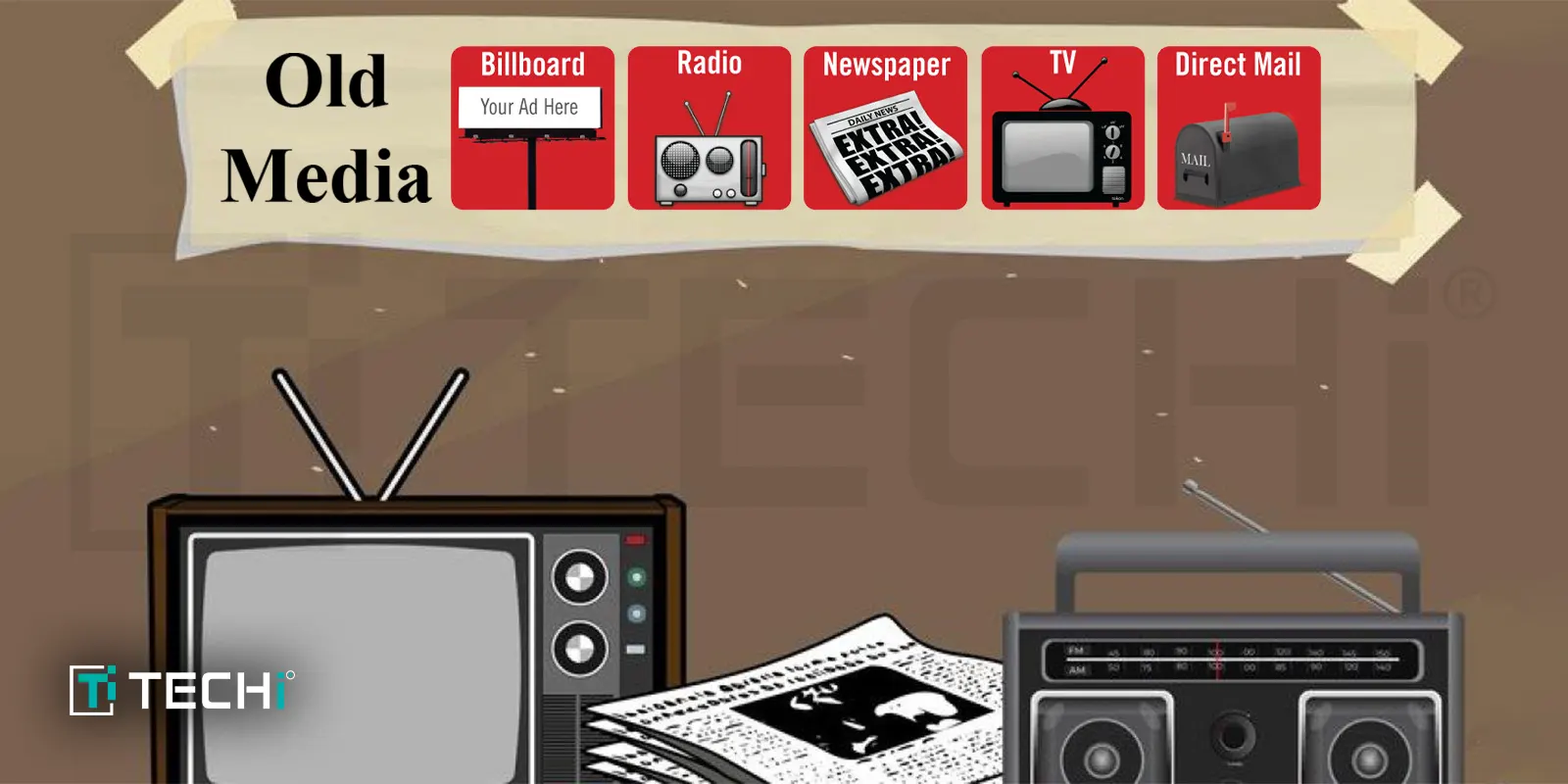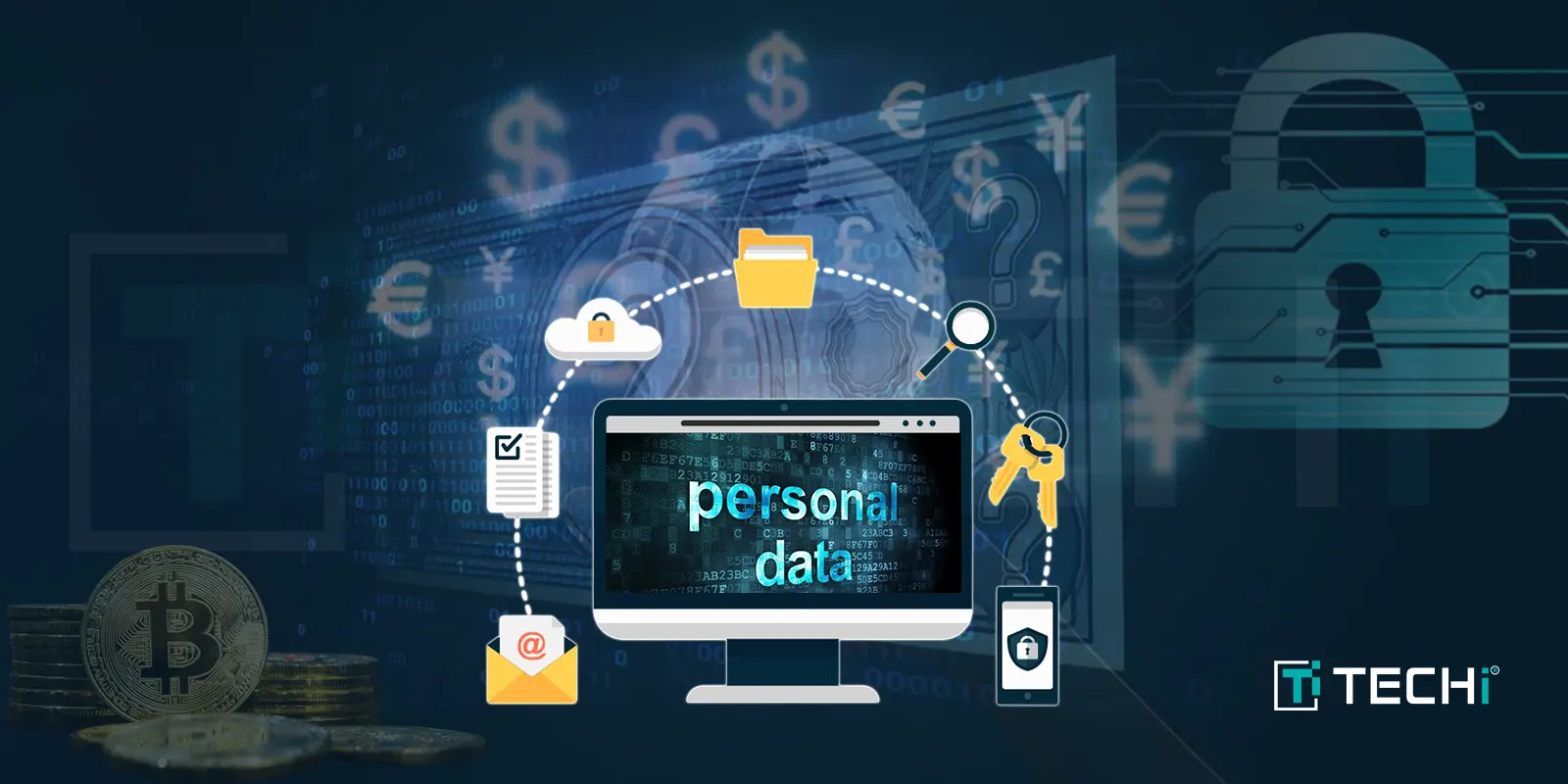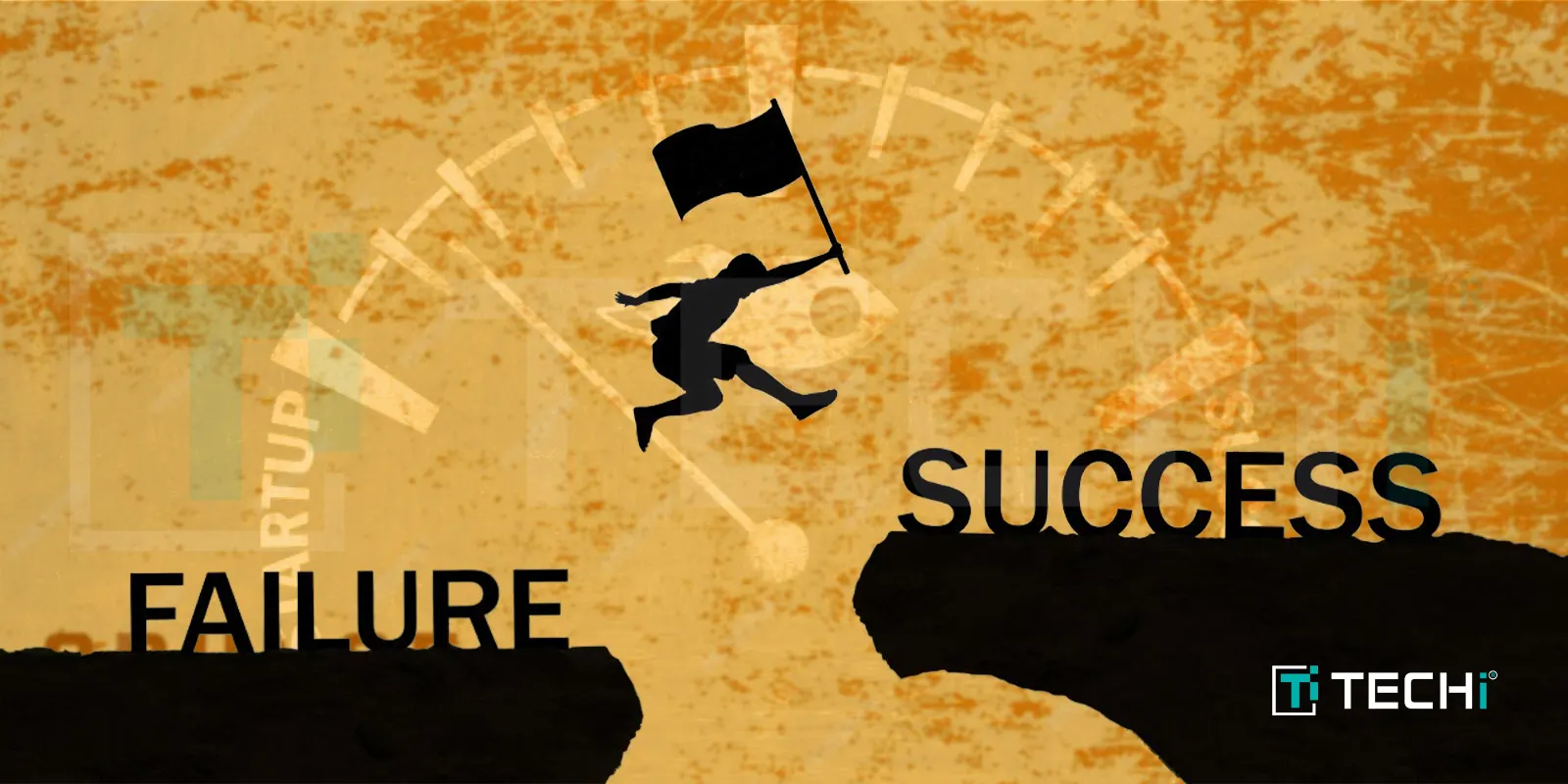The RIAA and MPAA Have Failed To Understand A Cultural Shift

Though we have, over the past few years, become accustomed to rather strange, aggressive ideas from those who run the movie and music businesses, the latest move from the RIAA and MPAA is a little astounding.
Today, the Electronic Frontier Foundation, an organization dedicated to defending internet users’ rights, outlined some of the suggestions made by the media conglomerates for protecting their content. They, along with many other players, were asked to weigh in on how intellectual property should be treated in a changing, networked world.
And you know what the MPAA and RIAA suggested? Well, among other things:
- Anti-infringement spyware to be installed on users systems
- Filtering technology on internet service provider’s networks to prevent the spread of copyrighted material
- ‘Inform’ and ‘educate’ (i.e. harass) entrants to the US about the ‘dangers of pirated material’
- Intimidate countries that do not agree with these policies, using US economic clout to threaten them
- Use federal resources to employ agents to crack down on copyright thieves
So, how does that sound? Having spyware installed on your system and monitoring what you’re watching? Having your ISP filtered and throttled so that the MPAA and RIAA can control what gets distributed around the internet? Super, right?
But it isn’t simply the stunning sense of entitlement and invasiveness that’s the issue here. There’s something bigger at stake than simply ‘this is not how you should treat your customers’.
What the RIAA and MPAA have failed to understand is that new technologies like the web don’t simply represent new ways to pirate material – they are part of a seismic change in culture. By failing to understand that this is a cultural and not only technological or economic shift, media businesses are on the brink of becoming obsolete due to an obsession with control.
Technically speaking, you might articulate the change in how we think of these things by talking about ‘the economics of scarcity’ vs. the ‘economics of abundance’.
See, physical media is hard and expensive to create and distribute – not only do you have to find the materials to press CDs or print books, you have to then distribute them on trucks and trains and what-have-you. This creates an economic system based on scarcity, or as we more traditionally think of it, supply and demand. Limited by physical constraints like materials and labor, you make a certain number of things and then you set the price based on how many people want that thing.
But when you switch to digital, this scarcity often disappears. An MP3 or movie file or eBook is just ones and zeroes. After the initial costs of creation are done with, creating a new copy costs almost nothing. Suddenly, things are abundant – there is no physical limit on how many of something can be made – and this changes things.
But that’s only the economic side of things. Culturally, there has also been a shift in how we think of accessing content like TV shows or films or music. Whereas once it seemed to make sense to save our pennies for new records or films, it’s now much harder to justify that expense because there is so much available for free, legitimately or not. You know this – it’s everywhere around the web, because no-one can control the spread of information.
People will often talk about this in terms of ‘stealing’ or ‘entitlement’ – which has it merits – but also misses the point. Once a person has experienced the freedom of something like Napster or Bittorrent, it’s hard to put that genie back in the bottle. It isn’t about ‘thieving’ as much as it is this: once you know what it’s like to access culture with such freedom, going back to the basics of plunking down 20 bucks for a iTunes movie you can’t copy, can’t take to your friends house or can’t watch on your PS3 not only feels strange, it feels plain backwards and absurd.

By attempting to replicate the scarcity model in the digital age, media businesses have made clunky DRM’ed products and have alienated consumers, and they are voting with their wallets. It might seem sensible to try crack down on consumers, but it’s like trying to nail jello to wall: you can’t do it, and it wasn’t a very good idea in the first place.
That may be controversial – and might even seem to support piracy – but that isn’t the case.
There are solutions to this problem, among the best of which is something like ‘monetizing the pipes’ – i.e. charge for the distribution. Another option is something like eMusic, which makes you pay a set amount for a certain number of MP3s a month. More options include what Mike Masnick calls ‘finding other scarcities’ like musicians making money from live shows and merchandise but giving the music away for free.
But the point boils down to this: the world has changed. The internet works on principles of openness and exchange, and information and content ricochet around at an amazing rate. You just can’t control that without unfairly limiting people’ experiences of the web. This is what the MPAA and RIAA have failed to understand. They are still working in a mindset that is based on scarcity – we have a limited amount of product, and we have to protect it – and that’s an ideal that certainly was noble and fair years ago.
But when culture and technology have changed so drastically, and digital information fundamentally works through copying and spreading, it’s also a naive one. Rather than trying to lock down the entire internet and the exchange of media, those concerned should be looking to establish new business models or new products that draw people in (like Avatar, for example).
After all, if they don’t, it’s not we who will lose. People will continue to create, and they will find ways to finance and distribute them using new tech. The MPAA and RIAA, on the other hand – well, it may already be too late for them and the lumbering dinosaurs who lead them.





>>
Music simply isn’t as important today as it was yesterday.
>>
I believe this to be absolutely false. Music today is as important as ever, but the demand for it is being suppressed by trying to force people to consume it via outdated products and business models that DETRACT value from their finished products. If music today was integrated into new technologies and widely available, we would see people spending a lot of time “consuming” it. Imagine music discovery services being the most popular apps on facebook and the IPhone, imagine the most popular Twitter feeds being related to music, etc – those kinds of things SHOULD be happening. However the reality is that trying to create music services of any kind is a legal copyright minefield and is sure to get you sued out of business so you see no innovation in this area.
The big lie here is that the RIAA protects musicians and helps create music . The truth is that they produce a handful of superstars while forcing the vast majority of artists to participate in their distribution monopolies to fleece them of any profits they might make. The assertion that the RIAA is a champion for the artists is simply ridiculous.
The Big Medias remind me of a crying baby in a restaurant and the government their parent. In this case, its like the kind of parent that doesn’t consider others, not only failing to remove the annoyance, they just coax the baby, telling them it’s OK.
But, as cute as that baby might be, nobody appreciates its continued presence. That is, as much value as production studios had at one time, crying because things aren’t what they used to be doesn’t make the other customers happy.
This is a very interesting theory, which sadly is the first I’ve heard about in the past decade. This may be the resolution to the fight. It’s a cultural shift. Adapt or die.
While I do agree with the main points of this argument I feel there does need to be stricter policy on protection of works, but also I dont think people should get sued for the transfer of data (so as long as they are not selling it).
Once a work comes out, it sells. But unlike artwork movies and music continue to sell after their sold, and after awhile it becomes widespread which builds anticipation for the next work of art. This should be seen as promotion after about 6 months of initial release.
I know my ideas are scrambled but you get my point.
For the sake of being extra-clear, I feel I should state that I am not condoning copyright infringement or wholesale downloading with no respect for artists’ rights or the worth of content producers. What I am saying is that the web and the cultural and behavioral changes it engenders require new social, moral and economic approaches. Thus far, the approach of most media business models has been to try replicate the models of the past, hurting themselves, creators and consumers in the process.
But if you like a band, find a way to support them – download from iTunes or eMusic or Amazon, buy their CD, go to their shows, or buy merchandise online. Similarly, if you know a film is really good, rent it, physically or digitally, or stream it through Netflix or On-Demand or a similar service.
For now I think the general rule is this: the smaller and poorer the content producer, the harder you should work to reward them for bringing art in your life.
“But if you like a band, find a way to support them – download from iTunes or eMusic or Amazon, buy their CD, go to their shows, or buy merchandise online. Similarly, if you know a film is really good, rent it, physically or digitally, or stream it through Netflix or On-Demand or a similar service.
For now I think the general rule is this: the smaller and poorer the content producer, the harder you should work to reward them for bringing art in your life”
Well said and true!!!
The article is right, but where this plan will fail is that consumers AND electronics producers increasingly want their electronics to be free of intrusive software. This is why apple created the ingenious iTunes store, and why Sony failed miserably in their attempt to embed DRM in their physical products.